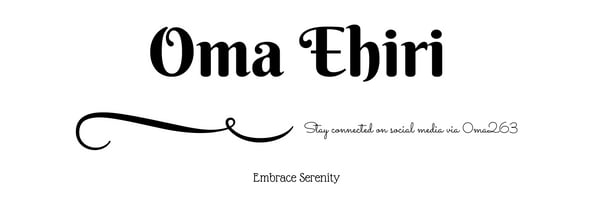

3pm on Tuesday the 25th of April, 2017, I had just come out from a very insightful event, Media Hosts Betty Irabor. While the organisers wished to celebrate a media icon at 60, they also wanted to address an issue which has become heightened since the era of social media and that is, integrity in journalism. To deliberate on the subject matter and enlighten the audience were Kadaria Ahmed, Reuben Abati, Funke Egbemode and Chude Jidenowo. If you wish to know what qualifies these people to be on the panel, click HERE.
The conversation which was highly educative started out with Funke Egbemode debunking the idea of citizen journalism, a concept used in defining the active participation of the public in collecting, reporting, analyzing and disseminating news and information, especially through the internet. The NUJ president who is also the MD of Telegraph newspaper insists that you are either a journalist or not, refusing to embrace the ‘democratization of the media’, to borrow the words of Chude. As far as she was concerned, just because you own a ‘6000 Naira smartphone’ in the words of Reuben Abati, and can create content on the social media doesn’t make you a journalist. To her, for integrity to exist in the media, there has to be one industry which I agree with but it seems Funke does not wish to even recognize bloggers and influencers who are seriously influencing the society news as we receive it today. She repeatedly insisted that just because bad stuff is doing well does not make it great stuff. Hmmmm! Is blogging bad stuff? I wondered!
Chude could sense Funke’s point of view and made sure to let the audience know how powerful the new media has been. To him, the debate shouldn’t be traditional media VS new media but rather, it should be about embracing timeless truth. The propaganda that new media is solely responsible for destroying the lives of many, leading them to suicide or even carrying all the false stories, needs to be identified as a strong myth as many, even within the audience have suffered a great deal of character defamation and emotional blackmail by stories written by the traditional media. A good example was Betty Irabor being accused of being anorexic by a national newspaper when she was suffering depression and in another case being accused to have gone to fight her alleged husband’s mistress who was an anchor with AIT. Yet another example was Dr. Doyinsola Abiola being accused of stealing money through her microfinance bank, which made the headlines many years ago. Looking at these examples, I am of the opinion that new media has only heightened the attention of the public to news- whether good or bad- but does not make them sorsolelysponsible for all the bad ones.
Reuben Abati buys into Chude’s view of timeless truth as he asked that we focus less on labels, recognizing that the mode of journalism has changed due to the democratization of news. He loves the idea of having a multidisciplinary kind of journalism that has better enriched the business of journlaism. For instance, if there was an Agric column on The Guardian and the columnist studied Agric, he is likely to better report that column than one who has no background whatsoever in Agric. People have become empowered to report happenings in their environment on social media but what we need to look into and enlighten the public on, is the manner in which this information is being disseminated. He called on the need for proper training within institutions even for those in the new media.
Kadaria Ahmed also spoke about institutions, making reference to the National Union of Journalism as an irrelevant body. She was of the opinion that we have laws that govern the country and enacting any more to protect the use of social media is an infringement on the rights of the citizens. Rather, the leaders should ensure that the judiciary is properly empowered to carry out their responsibilities, should anyone feel that they have been maliciously attacked.
Still on the argument by Funke Egbemode, Chude called on innovation and adaptation. New media is here to stay. Hence the need for traditional media to embrace it. Seeking out the pitfalls of new media will only distract us, he rightly pointed out. We should be focused on the best possible ways to ensure that people do not continue to misuse their right to freedom of expression.
Reuben Abati also agreed with Kadaria that additional laws are not necessary but we need to seek ways to enforce the values which the traditional media is expected to uphold. Issues like plagiarism needs to be addressed on that platform.
In summary, Reuben Abati, Kadaria Ahmed and Chude Jidenowo all agree that new media has been of great help in exposing a number of societal ills and should be celebrated. However, they need to be cautious in the information that they put out and be more investigative before publishing the news. Accuracy over speed should be the watchword.













